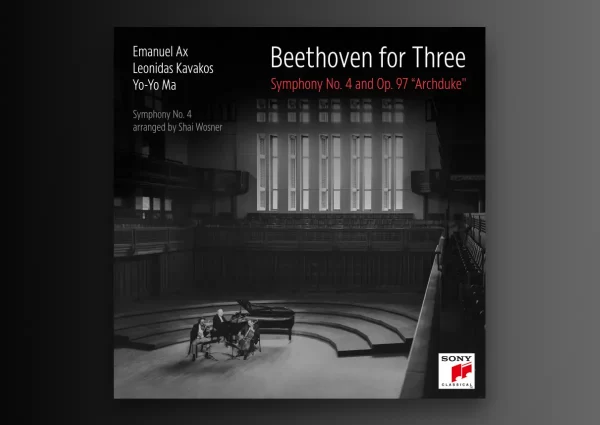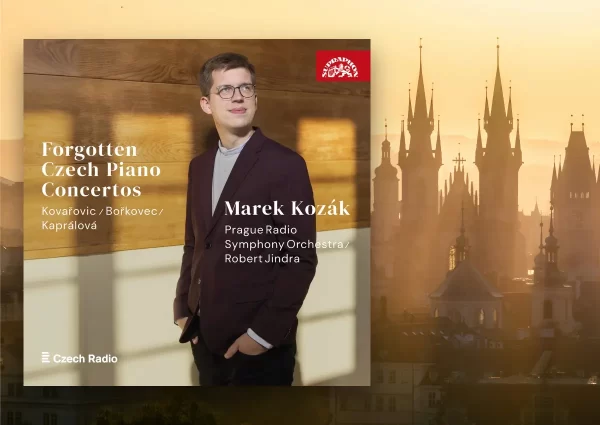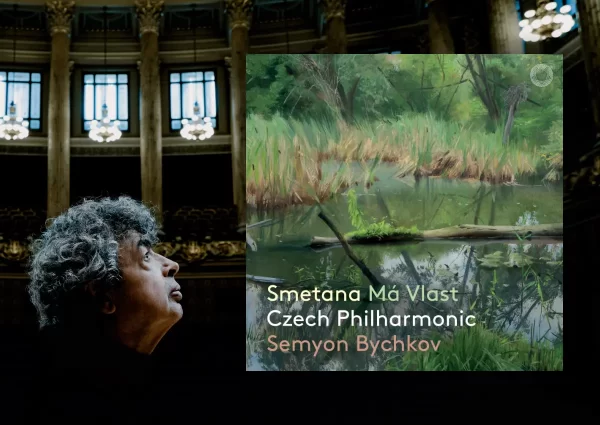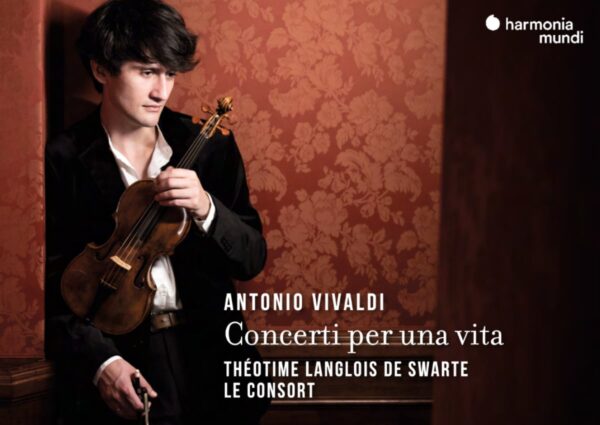Joyce DiDonato’s newest album seeks to explore our connection to nature. Describing it as “an invitation to return to our roots,” DiDonato maintains in her introductory notes that we have lost much of that connection, both nature and one another. This recital then, is “a call to action to build a paradise for today.” A lofty goal, but one largely met because of astutely chosen repertoire, ordered in intriguing juxtapositions, in perceptive and beautiful performances.
The program opens with Charles Ives’ “The Unanswered Question,” the trumpet’s repeated question instead sung as a wordless vocalization by DiDonato. The woodwind answer grows increasingly complex and dissonant, though the sheer beauty and warmth of the Il Pomo d’Oro wind players dampens Ives’ mitigate the intended harsh effect. Nevertheless, the performance is moving, and I was struck by how the vocalization of the trumpet line brought out a strong kinship with John Tavener’s haunting “Mother and Child.”
A solo flute then begins the second track, the world premiere recording of Rachel Portman’s “The First Morning of the World.” Her romantic harmonies and lyricism, wedded to supremely sensitive text setting, are reminiscent of Samuel Barber’s “Knoxville: Summer of 1915.” But Portman’s writing is fully her own and she surely could not have hoped for a more ravishingly beautiful performance than what is heard here.
As suggested above, repertoire is carefully chosen to generate some fascinating and insightful contrasts but transitioning from Mahler’s “Ich atmet’ einen linden Duft” (track 3) to Marin’s “Scherzi e canzonetta,” was disconcerting. The opening three tracks have such rapt beauty that Marin’s music struck me, each time, as too carefree and disruptive. But that is a wholly personal reaction, not based on the performance itself which is as excellent as all that precedes it. Indeed, perhaps disruption is exactly the point.
Related Posts
- Review: Amazone – Lea Desandre, Mezzo-Soprano
- Review: Sabine Devieilhe Sings Bach and Handel
- Review: “Tudor Queens” – Diana Damrau, Soprano
The Mysliveček that follows (track 5: “Toglierò le sponde al mare”) provides opportunity to hear DiDonato’s brilliant coloratura work, the accompaniment realized with zest and refinement by Emelyanychev and orchestra. By my count this is their third recording together, and there is a perceptible sense of collaborative connection between them.
DiDonato’s subtle vocal shadings, excellent diction, and floated high notes make Copland’s “Nature, the gentlest mother,” the first of the “Eight Poems by Emily Dickinson” another notable highlight, as is the idiomatic accompaniment of Il Pomo d’Oro. Indeed, their ability to inhabit the sound world of each work, in repertoire spanning over four centuries, is key to the success of this album. Only in the Mahler songs (tracks 3 and 13, “Ich bin der Welt abhanden gekommen”) did the orchestra sound seem undernourished, though both were reorchestrations for chamber orchestra by an unknown arranger. They perform two selections on their own: a Sonata by Valentini (track 7), as well as a spirited and characterful rendition of Gluck’s “Dance of the Blessed Spirits” from his Orfeo ed Euridice.
DiDonato’s credentials as a Handel singer are firmly established, and the recital concludes with movements from “Xerxes,” including the well-known “Ombra mai fu.” Sung with subtle sophistication and a palpable connection to the spirit and emotion of the text, this is a profoundly touching finish to a contemplative and moving recital. Sound is first-rate and full texts and translations are provided – warmly recommended.

EDEN
Joyce DiDonato – Mezzo-Soprano
Il Pomo d’Oro
Maxim Emelyanychev – Conductor
Erato, CD 9029646515
Related Albums
Read more classical music reviews or visit The Classic Review Amazon store
Follow Us and Comment:
Get our periodic classical music newsletter with our recent reviews, news and beginners guides.
We respect your privacy.








